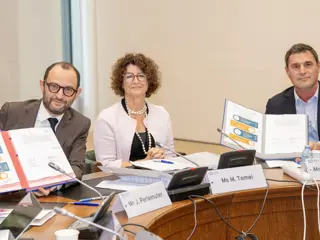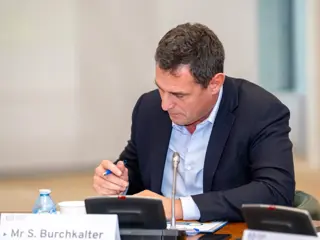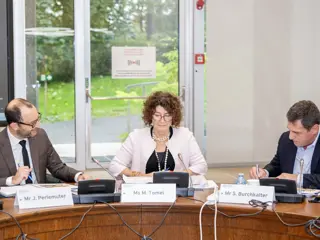News
FIFPRO, WLA sign recommendations on combatting discrimination in football
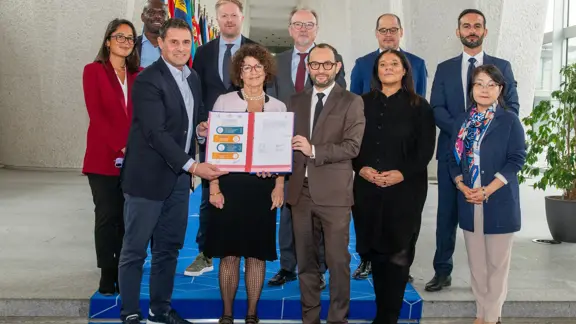
- FIFPRO and WLA signed in 2022 the Global Labour Agreement (GLA) to take greater responsibility as social partners and strengthen collectively-agreed solutions in the football industry
- The GLA promotes and protects the basic principles of collective industrial relations between the representatives of employers and employees
- The Committee on Combating Discriminatory Incidents in Football Matches, one of three committees established under the GLA, has published recommendations on combatting discrimination in football
FIFPRO and the World Leagues Association (WLA) have today at the International Labour Organization’s headquarters in Geneva, Switzerland signed recommendations on combatting discrimination in football.
The two bodies, operating under the Global Labour Agreement (GLA), have published best-practice guidelines for leagues and player unions in four areas: educating, reporting, escalating, and protecting. The summary can be downloaded here.
One of three committees established under the GLA alongside workplace security and pitch management, the Committee on Combating Discriminatory Incidents in Football Matches addresses the issue of racism and other forms of discrimination during men’s and women’s football matches on a global scale.
The committee operates in the context of the general occupational safety and health guidelines to protect workers and commits to ensuring a workplace free of discrimination and abuse. It comprises of representatives from leagues, including England’s Premier League, Spain’s LaLiga, and Ecuador’s LigaPro, as well as player union representatives such as Simone Pound (PFA Director of Equality, Diversity & Inclusion/FIFPRO EDI Committee) and Justin Morrow (Black Players for Change/FIFPRO EDI Committee).
Learn more about the Global Labour Agreement
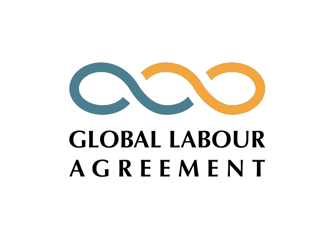
FIFPRO General Secretary Stephane Burchkalter and WLA General Secretary Jerome Perlemuter ratified the committee’s recommendations on tackling discrimination.
Burchkalter said: "WLA and FIFPRO aim to improve the governance of the professional football environment by embracing their responsibility as employer and employee representatives on a worldwide level. We’re committed to safeguarding the players and the sustainability of the football industry, working collaboratively on urgent issues such as discriminatory abuse during matches. The work of the committee provides examples of best practices for leagues and unions and is an important milestone in our collaboration under the GLA."
Perlemuter said: "Discrimination has no place in our sport. These recommendations, born from the work of our members and under the umbrella of the International Labour Organization, will help national leagues and player unions with tools to combat discrimination more effectively and create safer environment."
Manuela Tomei, Assistant Director-General for Governance, Rights and Dialogue at the International Labour Organization, said: "The ILO is pleased to support the Recommendations which were signed today. It is encouraging to see this important issue being tackled from both the angle of combatting discrimination as well as promoting occupational safety and health in view of the impact such incidents can have on players’ physical and mental health."
In 2025, WLA and FIFPRO will identify leagues and player unions that can implement one or more of the four recommendations.
The Global Social Dialogue in Professional Football
Signed in September 2022, the GLA establishes a new international bargaining framework between WLA and FIFPRO in which both entities and their respective members act as employer and employee representatives.
The GLA is born out of a shared commitment by WLA and FIFPRO to take greater responsibility as social partners to provide collectively agreed solutions to the challenges of the football industry and contribute to its growth. For more on the GLA, visit glafootball.org.

